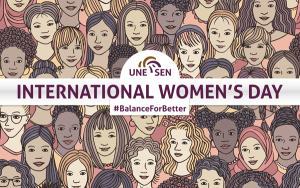Rally organized by the Ontario Health Coalition (OHC)
For more information: https://www.ontariohealthcoalition.ca/index.php/safeguard-health/
What is “Ford Nation” doing to the Public Health Care Services?
A massive bill, Bill 74, was recently tabled by the Ford Government to reorganize health care services in Ontario:
Not a Single New Service or Improvement to Care
We have excellent health care in that province. We just don’t have enough of it. Yet Doug Ford’s new health care omnibus bill does not open a single new health care service. Not a single surgery to help tackle wait lists. Not one new nursing home space. No more health professionals, vital support staff, nurses or doctors.
Ontario funds health care at the lowest rate in Canada. We have a long way to go even just to reach the average of the rest of the country. We are asking the Doug Ford government to refocus attention on actually expanding and improving access to care. No to privatization and mega-mergers.
New Powers to Force Mergers and Privatization
The new approach of this Conservative Government is to centralize 20 existing agencies into one big one called the “Super Agency”. It will create many problems because of the disparate mandates, histories, levels of effectiveness, and cultures of the existing ones that are well implemented in their communities.
Restructuring powers are defined in the legislation as not only service coordination but also mergers, amalgamations, transfers of all or part of a service, closures of a service, and entire closures of local health services. In other words, this bill is a gift to giant CEOs and large chain corporations to take over health services in Ontario.
New Bureaucracy but No Public Oversight
At the end of the years of mergers and takeovers and partnerships and so on, the Minister of Health and Long-Term Care envisions 30 – 50 giant health care conglomerates running virtually all services for up to 15 million Ontarians. Each conglomerate will need a new tier of administration to run the relationship between its various parts of the new health care structure. With this new governance approach, it will mean that overtime public oversight will disappear, and any decision made will be business driven, NOT made in the interest of the public.
No Public Consultation: Virtually All Community Control Taken Away
Virtually all the democratic protections that were won in previous legislations have been stripped in this bill. There are NO open board meetings. NO public right to access restructuring documents. NO appeals.
Upheaval for Care Workers
Another half decade or more of upheaval and takeovers will be devastating to a workforce that has stretched itself for decades to do ever more.
We urge the Ford government to hit “pause”, to engage in proper public consultation and to make a new priority of actually improving access to public health care services for Ontarians.









